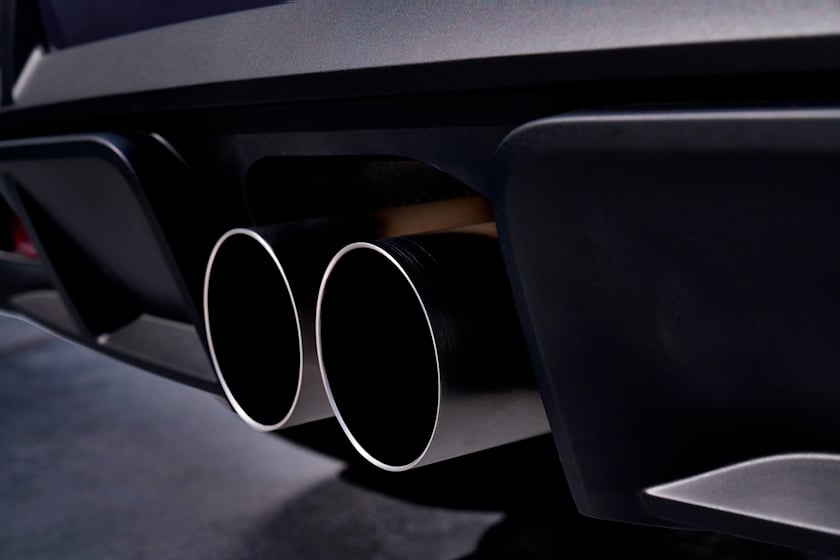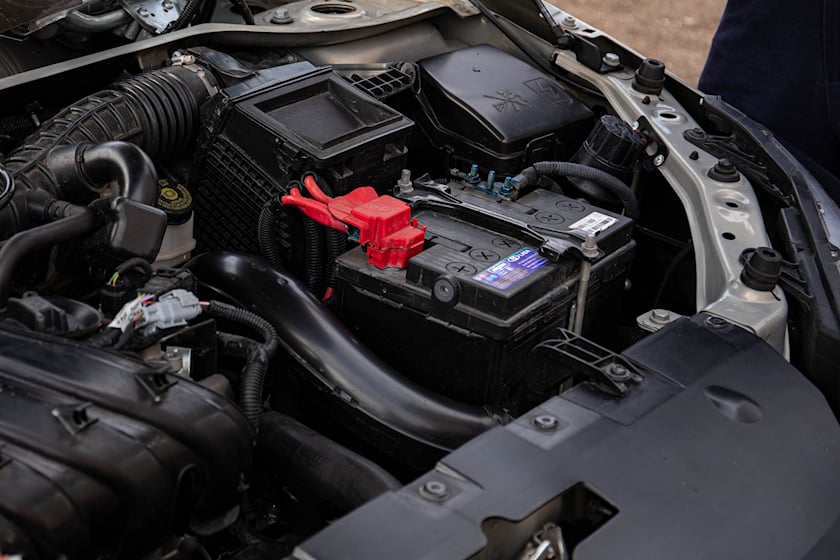Between Performance and Touring tires, which are the best for you?
You may have heard gearheads boasting about the performance tires on their sports cars and glanced over at your beloved Hyundai Sonata and wondered what makes them so special. Surely tires are tires, right? Not exactly. The tire you choose for your car will affect its fuel economy, the surfaces you can safely drive on, and your safety. While we discuss the difference between all-season tires and summer tires here, you may be wondering what the difference is between performance and touring tires. Let's have a look at what each of these compounds are designed for, and what the benefits are.
For those who purchase vehicles for reasons other than getting from point A to point B, buying the right tires is impacted by what your car is designed to do - and what you, as the driver, want from the car. So, what are touring and performance tires, and why should you care? When it comes to high-performance tires vs touring tires, the main difference lies in the word 'performance' as well as in how the tire translates road surfaces to the cabin. Where one is focused on improving how your vehicle performs, the other prioritizes comfort.
Performance tires are designed for high-performance vehicles and mainstream sports cars that have the potential to reach very high speeds and lay rubber through corners. They're developed to create a lower profile to elicit sharper steering responses and a deeper sense of what the tires are experiencing on the road. Other features include larger block tread and harder, more rigid sidewalls that together improve the vehicle's traction on the road. These advantages allow the driver to maximize the vehicle's potential by improving its handling dynamics. At higher speeds, nylon girdles laid over the steel belts encompassed in the tires help hold them together under intense pressure. All of these factors also shorten stopping distances and work better with the latest anti-lock braking technologies used in modern sports cars.
Benefits and disadvantages of performance tires include:
When it comes to granting passenger cars the smoothest most comfortable ride qualities, touring tires are the way to go. These try to give you the kind of experience you would expect from a luxury tourer like a BMW 8 Series Gran Coupe. Because touring tires have wider and thicker tread patterns and a moderate contact patch with the road, they not only improve comfort on the road by mitigating jolts and bumps, but also offer a lot of balance and versatility in where they can be used. They are suitable for driving on most road conditions and can be used year-round as all-season tires. Their wider and thicker tread doesn't wear as quickly as performance tires.
Ultimately, if you're looking to take advantage of your sports car's full potential during casual track days or on the open road, then a full set of performance tires is what you'll want. If you're looking to maximize your car's comfort levels on the road and prefer a noise-free ride, then a good selection of touring tires will certainly meet your needs. Neither is better at everything, so you'll need to determine where your priorities lie as a car owner and driver.
The average price for high-performance tires will likely be a lot higher than that of touring tires. This is because performance tires are complex and made with a lot of high-grade materials to be able to withstand regular high-intensity use. Touring tires will cost more than regular tires, too, because they're more intricately designed and made to last. If you're looking to save money with your tires, check out our blog on fuel-efficient tires.
Both performance tires and touring tires provide good amounts of traction on both wet and dry roads, but performance tires will provide far better cornering ability in either of those conditions.
Using performance tires on the front of your car isn't recommended as you won't receive the full benefit, especially if they're not on the driven wheels, and because there's a chance that the size and weight of those tires won't match the regular ones. This could then offer no benefit at or, or even be counterproductive. Be sure to do your homework and consult a professional for tips on how to fit performance tires to your car.



